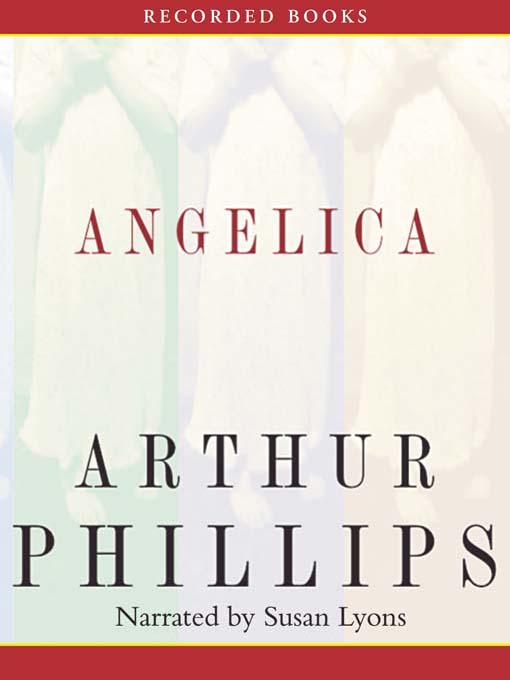
Angelica
فرمت کتاب
audiobook
تاریخ انتشار
2008
نویسنده
Susan Lyonsناشر
Recorded Books, Inc.شابک
9781436147569
کتاب های مرتبط
- اطلاعات
- نقد و بررسی
- دیدگاه کاربران
نقد و بررسی

Something bad is happening in the Victorian London household of Constance and Joseph Barton, involving sexual terror and an apparent threat to 4-year-old Angelica, their daughter. The introduction of a former actress turned spiritualist into the crisis does not help matters, as husband and wife totally misunderstand each other, and no one in the story can see where the threat is really coming from until it is far too late. Arthur Phillips has something interesting to say here about the pre-Freudian understanding of repressed trauma, and the writing is Victorian ornate, as is appropriate. Unfortunately, Susan Lyons's reading is "veddy, veddy" faux elegant and actressy, and not without false notes, a style that not so much enhances the period flavor as makes it tedious. B.G. (c) AudioFile 2007, Portland, Maine

February 12, 2007
Set in Victorian England, Phillips's impressive third novel uses four linked viewpoints to explore class, gender, family dynamics, sexuality and sciences both real and fraudulent, ancient and newly minted. Joseph Barton, a London biological researcher, orders his four-year-old daughter, Angelica, who's been sleeping in her parents' bedroom, to her own room. Joseph's wife, Constance, resists this separation from her child and the resumption of a marital intimacy that, given her history of miscarriage, may threaten her life. Soon Constance notices foul odors, furniture cracks and a blue specter that appears to attack Angelica while she sleeps. When she reports these supernatural visitations to the unimaginative Joseph, the rift between them widens. Desperate, Constance turns to actress-turned-spiritualist Annie Montague for help. Phillips (Prague
) captures period diction and detail brilliantly. At its strongest, the multiple-viewpoint narration yields psychological depth and a number of clever surprises; at its weakest, it can slow the book's momentum to an uncomfortably slow (if authentically Victorian) pace. Author tour.

























دیدگاه کاربران